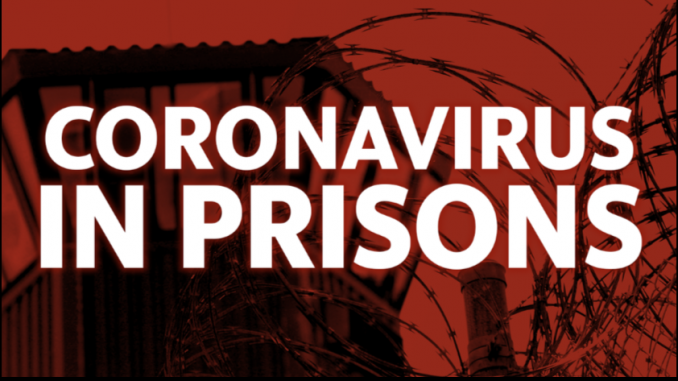
Statement by Senator Nate Boulton:
“Our prisons are places where safety and security have to be given utmost attention at all times or bad things happen. That’s true in the best of times.
“Over the past few years, though, stretched thin with staffing issues, we have seen increasing violence and assaults on staff—one case requiring an inmate to stop an assault on a corrections officer due to unavailable backup. I raised these concerns—and the lack of communication from the administration—in February when the Senate considered the leadership of the Department of Corrections.
“We now are seeing the lack of communication and tendency toward reaction rather than preparation play out in a new, harmful way. With the dramatic increase in positive cases at the prison (IMCC) at Coralville, it is obvious that the State of Iowa has not done enough to protect Iowa’s public servants who are working the front lines during this public health disaster.
“There have been way too many missed opportunities. Action and planning should have come when the rest of the state was taking precautions, when the first positive test of a corrections officer was known, when the first positive test of inmate was known, or when a jarring ten cases became known this week. IMCC is the inmate distribution hub for our state. Failure to take precautions and reduce risks there puts our whole corrections system at risk. While many other states stopped doing intake of new prisoners from Iowa’s jails, the Department of Corrections continued to risk a major outbreak through continued intake and prisoner movement. In addition, proactively testing staff and inmates should have occurred.
“I’m calling on this Administration to convene a teleconference today involving all wardens, the Director of the Department Corrections, Public Health and Department of Human Services, and AFSCME develop a new plan and improved protocols for keeping our correctional and DHS facilities as safe as possible, improved PPE standards and usage, expanded testing, and instituting premium pay for these essential workers who are required to show up for longer hours and more restrictive break periods despite the now obvious increased risk of exposure to themselves and the family members they return home to when their shifts are done.”
-end-
